Optimal Timing for Fire Restorations
Determining the optimal time for fire restorations involves considering weather conditions, fire seasonality, and property readiness. Typically, the late fall and winter months are preferred due to milder weather and reduced humidity, which facilitate effective cleanup and repairs. Conducting restorations during this period minimizes disruptions and allows for thorough work before the peak fire season resumes.
Fire restoration projects are crucial in mitigating damage caused by fires, restoring safety, and preventing future hazards. The process includes debris removal, smoke and soot cleaning, structural repairs, and odor elimination. Proper timing ensures that restoration efforts are efficient and comprehensive, reducing long-term risks and costs.
Initial evaluation determines the extent of damage and outlines necessary restoration steps.
Weather and fire season patterns influence the best window for effective restorations.
Includes cleaning, repairs, and odor removal to restore property safety and integrity.
Ensuring structural stability and removing hazardous materials before work begins.
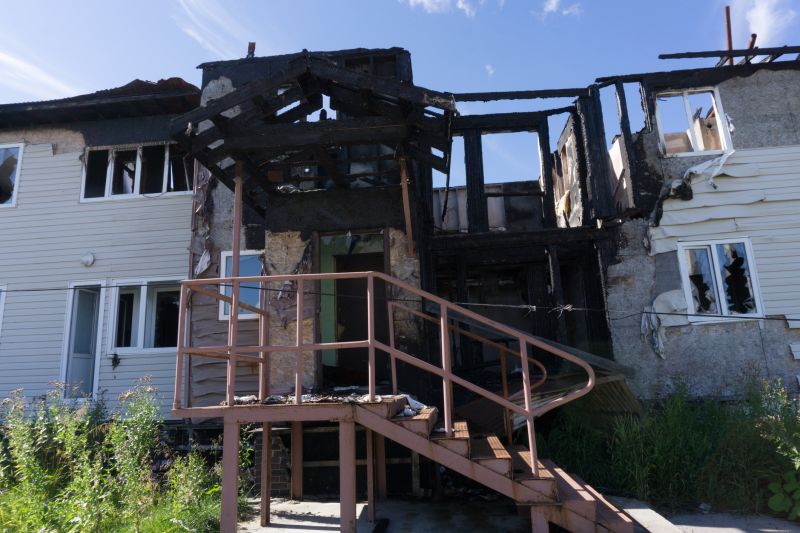
Restoration crews working on a property affected by fire damage.

Specialized equipment used to remove smoke residues from surfaces.
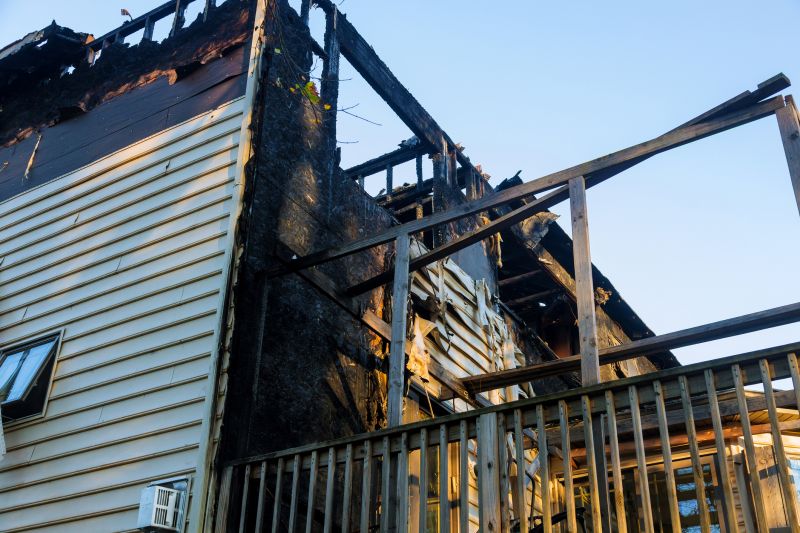
Rebuilding and reinforcing damaged structural elements.

Ways to make Fire Restorations work in tight or awkward layouts.

Popular materials for Fire Restorations and why they hold up over time.

Simple add-ons that improve Fire Restorations without blowing the budget.
| Aspect | Details |
|---|---|
| Optimal Seasons | Late fall and winter are ideal for restorations. |
| Weather Impact | Mild conditions reduce delays and complications. |
| Fire Seasonality | Restoring after fire season minimizes exposure to ongoing risks. |
| Property Readiness | Ensuring the site is accessible and safe for crews. |
| Insurance Timing | Coordinating with claims to avoid delays. |
| Environmental Conditions | Low humidity and stable weather support effective cleaning. |
| Community Planning | Scheduling during low activity periods reduces disruptions. |
| Long-Term Safety | Timely restorations prevent further damage and hazards. |

Inspecting fire-affected structures for assessment.

Removing soot and smoke from walls and surfaces.

Rebuilding damaged frameworks to ensure safety.
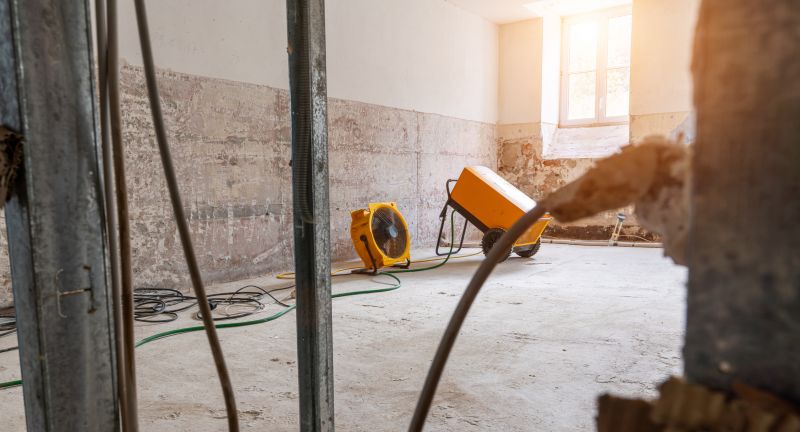
Using specialized equipment to eliminate persistent smells.
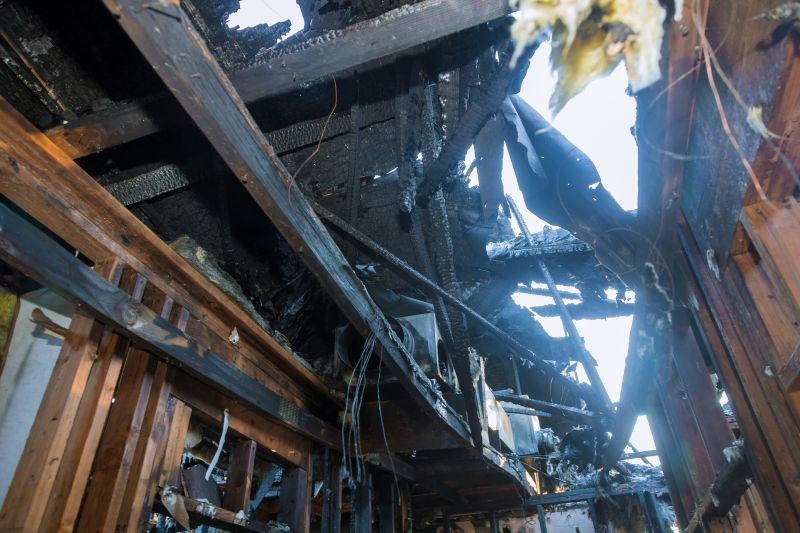
High-end options that actually feel worth it for Fire Restorations.

Finishes and colors that play nicely with Fire Restorations.

Little measurements that prevent headaches on Fire Restorations day.
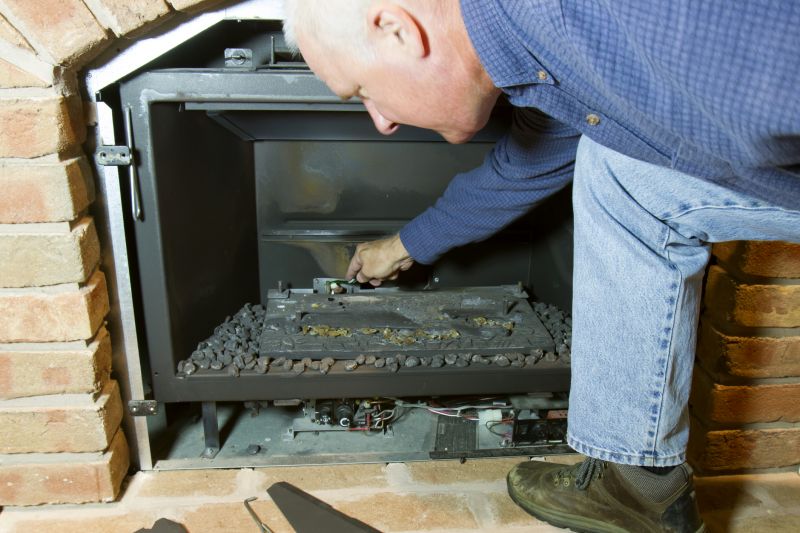
A 60-second routine that keeps Fire Restorations looking new.
Proper timing for fire restorations enhances the effectiveness of cleanup and repair efforts. Scheduling during favorable weather conditions and outside peak fire seasons allows for comprehensive work, reducing risks of secondary damage. Timely intervention also supports insurance processes and minimizes long-term costs.
For property owners in Sarasota, FL, understanding the best periods for fire restoration can lead to safer, more efficient recovery efforts. Consulting with restoration professionals can provide tailored guidance based on specific damage and seasonal factors.
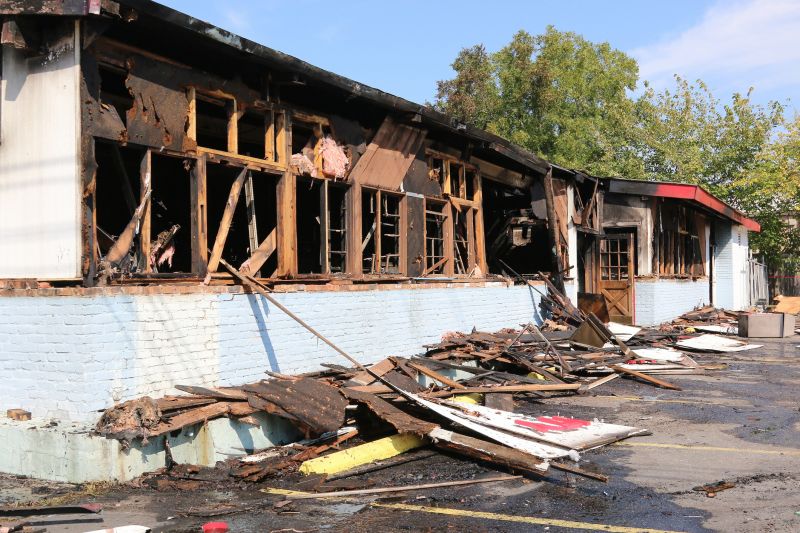
Restoration specialists repairing fire-damaged structures.
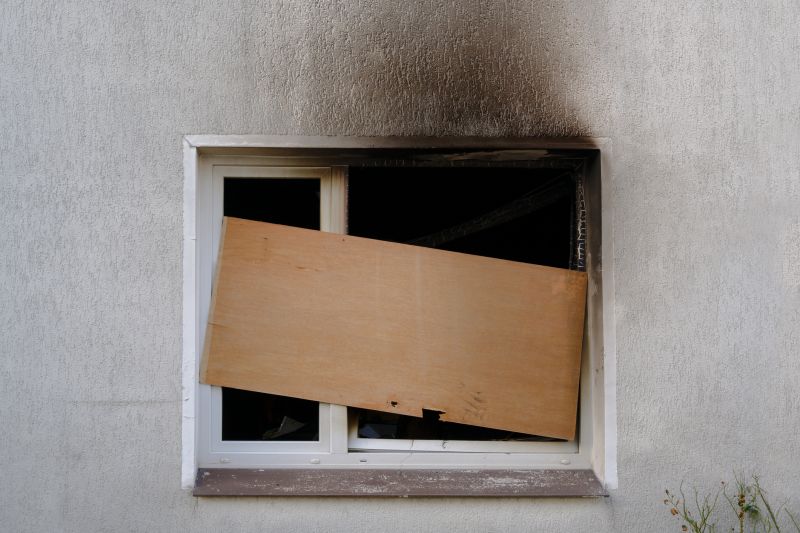
Advanced techniques to eliminate lingering smells.
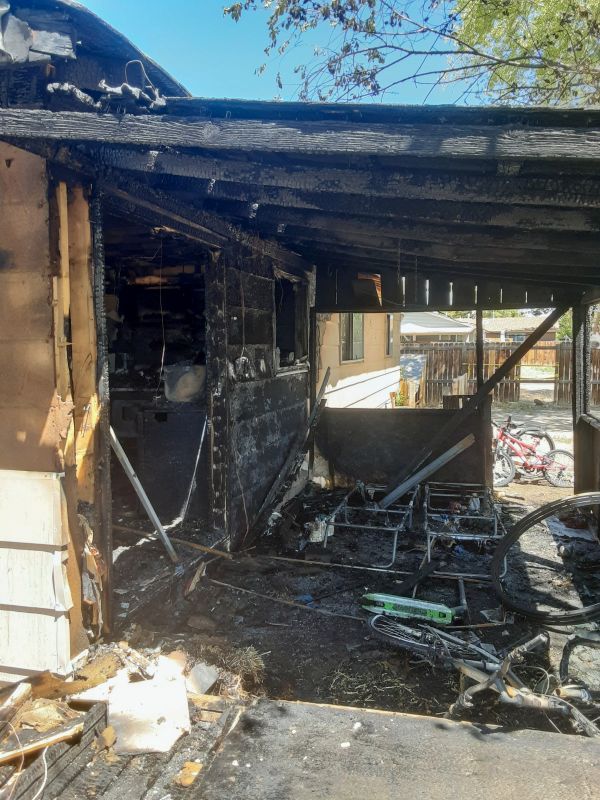
Structural rebuilding to restore property integrity.
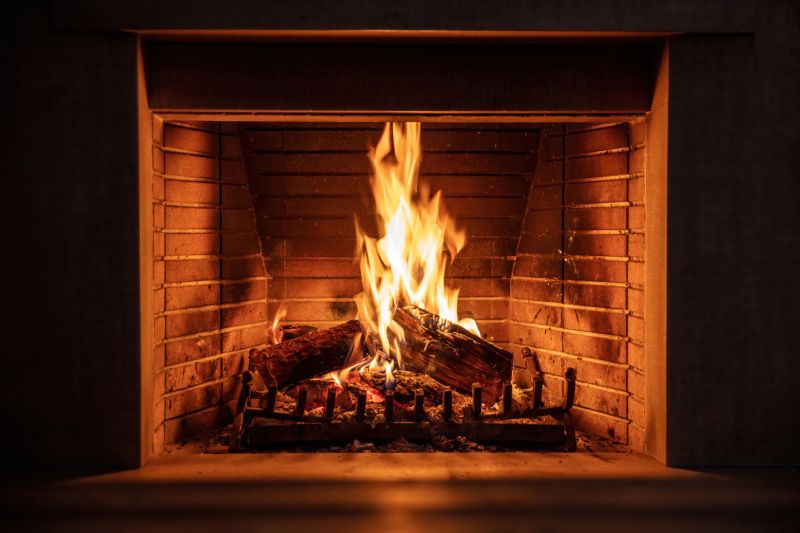
A frequent mistake in Fire Restorations and how to dodge it.

Small tweaks to make Fire Restorations safer and easier to use.
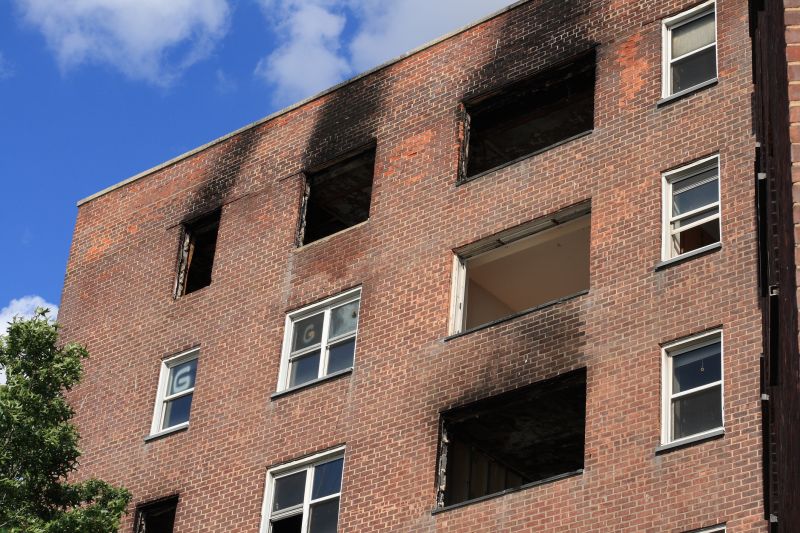
Lower-waste or water-saving choices for Fire Restorations.
Individuals interested in fire restoration services are encouraged to contact for more information. Proper timing and professional intervention can significantly improve recovery outcomes and property safety.
